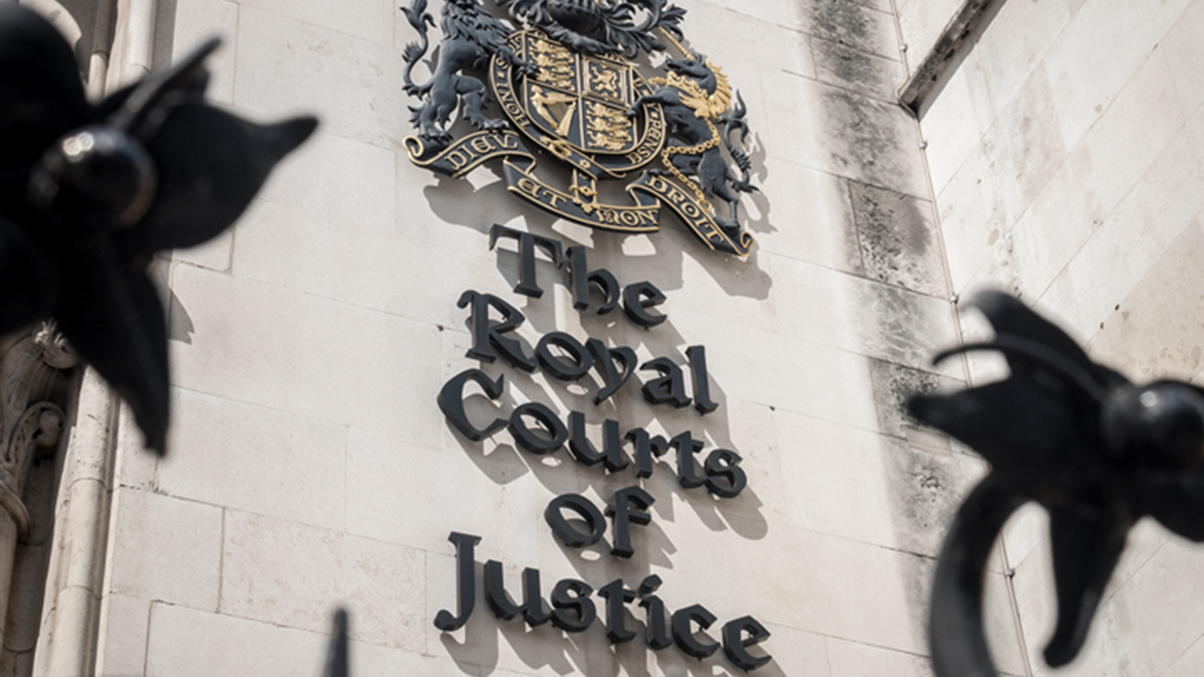Couples who are splitting up are feeling the full force of interest-rate rises, and having to decide between settling or staying put.
Jenny Bowden, Senior Associate in our Divorce and Family team, spoke to The Telegraph about the rise in mortgage disputes as fixed rates come to an end. Ellie Hampson-Jones provides further information on how mortgage disputes can be resolved.
How does divorce affect your mortgage?
The issue of fixed-rate deals versus variable rates in the current economic environment complicates everything. In the world of divorce, this issue has now become an additional negotiating hurdle, with some classing the fixed-rate deal as a “desirable asset” and financial cases being delayed or going to court because nobody can decide who is allowed to retain it.
In many ways, getting ‘custody’ of the low-rate mortgage is akin to getting the house in France or the expensive car, as the partner paying off a loan at 1.5 per cent will save thousands of pounds compared to the one paying off a new mortgage at six or even seven per cent. Jenny Bowden opines on the latest issues/developments in a recent Telegraph article on the topic.
Read the full article in The Telegraph here (subscription required).
Our experience of mortgage disputes
It is not unusual for properties to be mortgaged: often where there are divorce proceedings, even where a mortgage is in joint names, it can be rare for both parties to fully understand the details of the mortgage product they have entered into. Mortgages can be complex beasts.
It is also not uncommon for parties to be surprised that a property is leveraged, and/or how heavily leveraged a property might be. The party that has negotiated a good mortgage rate will often be keen to hold on to it, even if the property it is attached to is going to be sold.
The court has a statutory duty to steer parties towards a “clean break”, ie a clear end to the financial ties that a marriage or civil partnership can create. Where mortgages are becoming increasingly difficult to obtain and/or sustain, this can make achieving a clean break even harder and may result in a financially stronger or higher earning party having to remain on a mortgage as a guarantor long after the marriage is over, even in circumstances where they may have remarried themselves.
This can also add time pressure to cases – requiring parties to commit to re-mortgages in order to mitigate any significant leaps in mortgage repayments. This time pressure is a direct result of rising interest rates.
How can mortgage disputes be resolved?
It is possible to agree that a mortgage is ported (transferred) over to a new property or transferred into one party’s name. The mortgage provider will have to agree. Generally, this is not an issue where the party wanting to take on the mortgage has the greater earning capacity, but a mortgage provider may not be willing to agree to the weaker financial party taking on the mortgage without a guarantor. The financially weaker party may also require a greater share of capital or ongoing spousal maintenance to meet these increased mortgage demands.
A court will take into account each party’s earning capacity and resources including what capital they might have for a deposit and what mortgage they would need in order to satisfactorily re-house. Increasingly, both parties may need to cut their cloth where a mortgage is required two separate homes are now needed.
Is this becoming a growing issue as a result of rising interest rates?
Rising interest rates are requiring creative solutions and a thorough evaluation of options available to clients. As set out above, rising interest rates are creating new time pressures on couples who may need to re-mortgage before any final financial settlement is negotiated. It is also likely to cause issues as separating individuals may end up remaining tied to each other and reliant (by way of guarantee) leaving one party feeling beholden to the other – the exact opposite of how one wants to feel post-divorce.
You can find further information regarding our expertise, experience and team on our Divorce and Family pages.
If you require assistance from our team, please contact us or alternatively request a call back from one of our lawyers by submitting this form.
Subscribe – In order to receive our news straight to your inbox, subscribe here. Our newsletters are sent no more than once a month.







